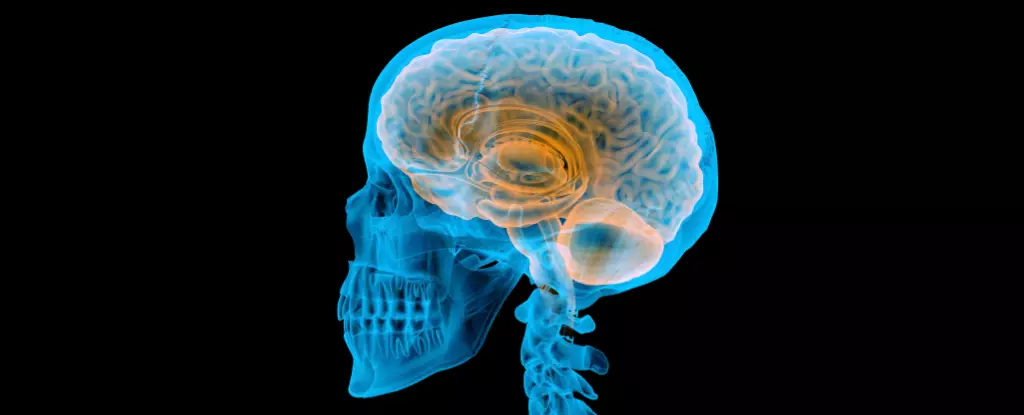The human brain, with its unprecedented complexity and capacity, has long fascinated scientists and anthropologists alike. Recent research has hinted at an unusual ally in its development: the microbes residing within our guts. As outlined by Northwestern University’s anthropologist Katherine Amato, the distinction between how human gut microbiomes operate—prioritizing energy production rather than fat storage—could illuminate key aspects of our evolutionary journey. This transformative approach to understanding human evolution poses new questions about the intricate relationships between our bodies, their inhabitants, and the environment.
Microbes in the gut form a diverse ecosystem that influences a multitude of biological systems, from digestion to immunity. While traditionally viewed as mere bystanders, these microbial communities are now recognized as pivotal factors in our health and development. Amato’s research underscores a crucial distinction: while other animals have gut microbiomes that focus on energy storage, humans and specific primates exhibit a microbial behavior that emphasizes energy utilization. This alteration indicates that our microbiome may have evolved in tandem with our brain development, favoring urgent energy allocation for neural activities over simple fat accumulation.
In a groundbreaking study, germ-free mice were inoculated with gut microbiomes from three different primate species—humans, squirrel monkeys, and macaques. This designed experiment allowed researchers to scrutinize the direct effects of these microbial communities on host metabolism. Mice receiving the human microbiome demonstrated significant metabolic differences, including elevated fasting glucose and triglyceride levels, alongside minimal weight gain. These findings starkly contrast with the macaque microbiome’s tendency toward energy storage, highlighting a vivid disparity in metabolic priorities among the species.
The empirical data establishes a connection between gut microbiome composition and brain energetics. The implications could be profound; as our ancestors evolved larger brains, a corresponding alteration in gut microbiota community composition may have facilitated a necessary metabolic shift, ensuring enough energy was available to support increasingly complex cognitive functions.
The revelation that even distantly related species, like squirrel monkeys and humans, share a similar microbial response to brain development is compelling. Both species have evolved to prioritize energy production, suggesting that natural selection favored gut microbiomes capable of supporting larger brains. Amato’s assertion that such microbial adaptations could predictably occur alongside anatomical brain growth establishes a new paradigm for understanding inter-species differences in brain size and function.
While macaques, with their smaller brains relative to body size, still maintain a traditional energy storage microbiome, the transformative journey of human and squirrel monkey gut microbes illustrates a fascinating evolutionary shift. This trend may shed light on how nutritional strategies were redefined, emphasizing energy availability in relation to brain demands.
Amato’s findings resonate with earlier research about the trade-off between brain and body growth. Understanding these biological dynamics provides a broader narrative of human development — particularly from infancy to puberty. As children grow, the energy requirements of the brain are substantial, coinciding with slower rates of bodily growth and fat accumulation. Such an inversion serves as a reminder of how our evolutionary past continues to influence our development today.
The interconnectedness of metabolic demands, gut health, and cognitive function merits further examination to unravel the complexities of human evolution. By recognizing the symbiotic relationships within our bodies, especially with microorganisms, we can better appreciate not only the origins of our large brains but also the implications for health and disease in contemporary society.
The revelations about the gut microbiome’s role in brain evolution invite us to reassess long-held beliefs about human development. As research in this frontier advances, we will likely uncover even more about how our tiny, often-overlooked partners in health have shaped the very fabric of who we are. This evolving narrative may not only redefine our understanding of human origins but also revolutionize preventive health strategies rooted in optimizing gut microbiome health for future generations.


Leave a Reply